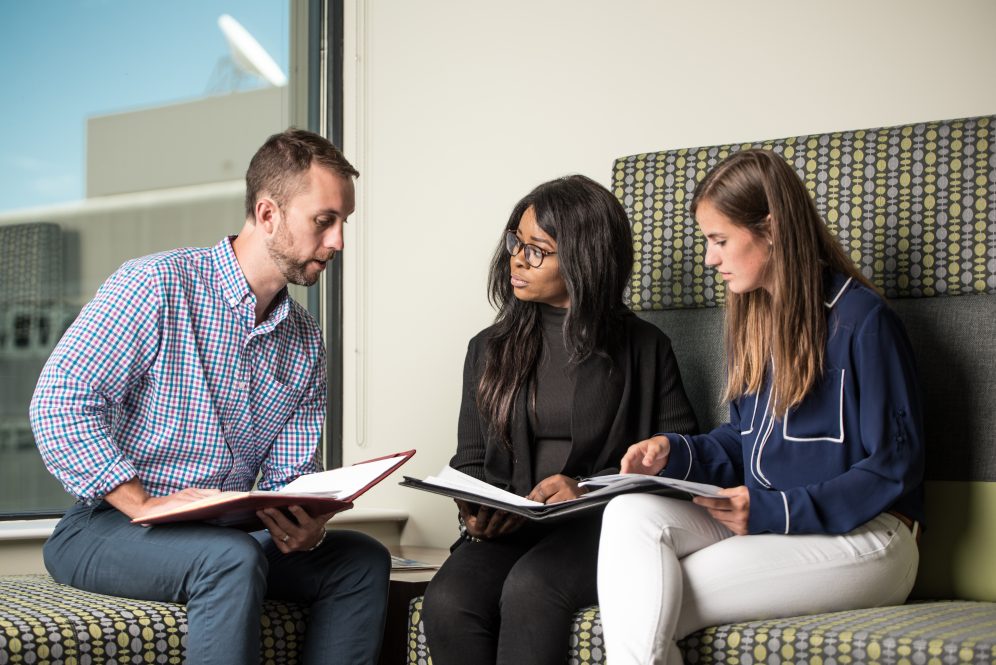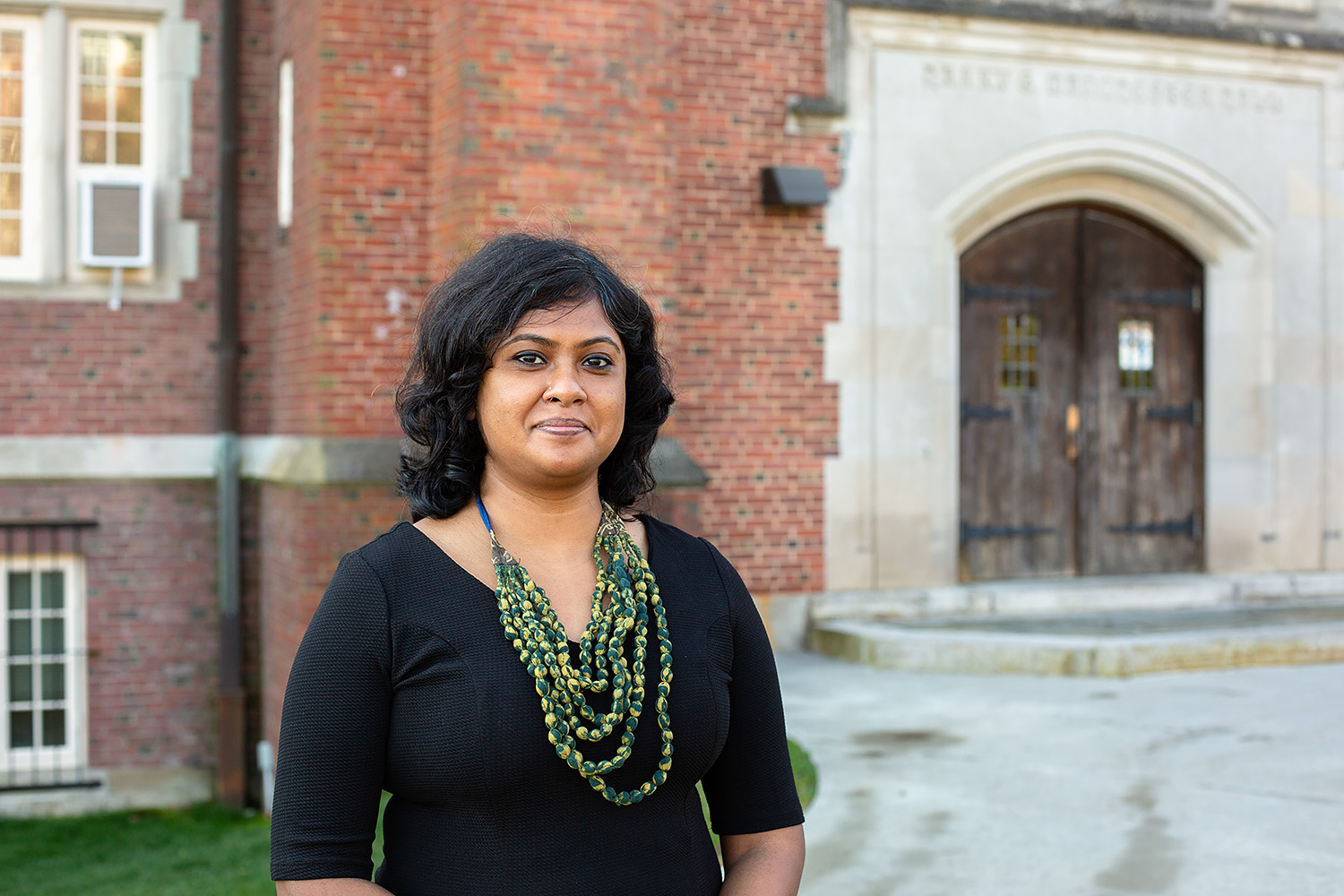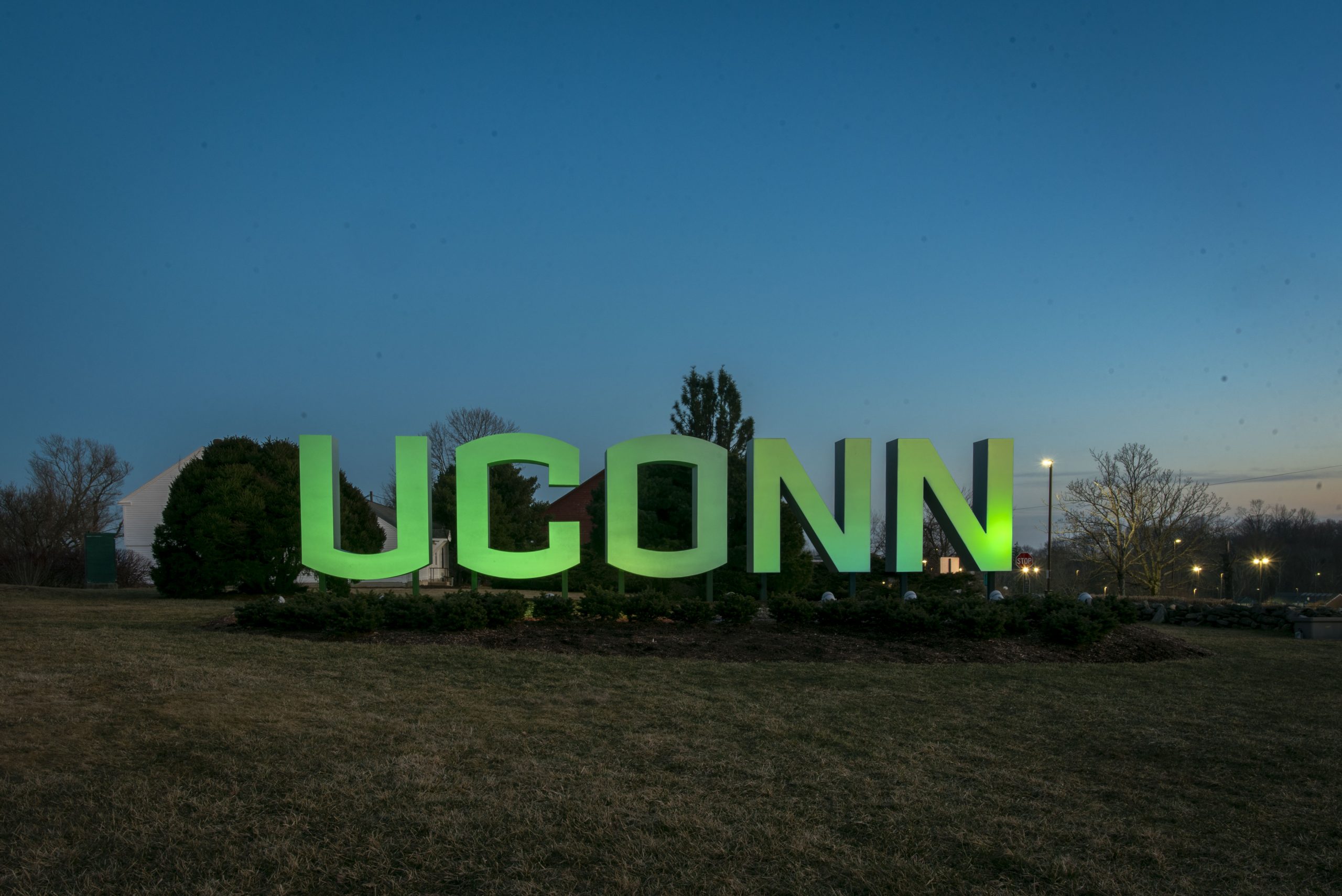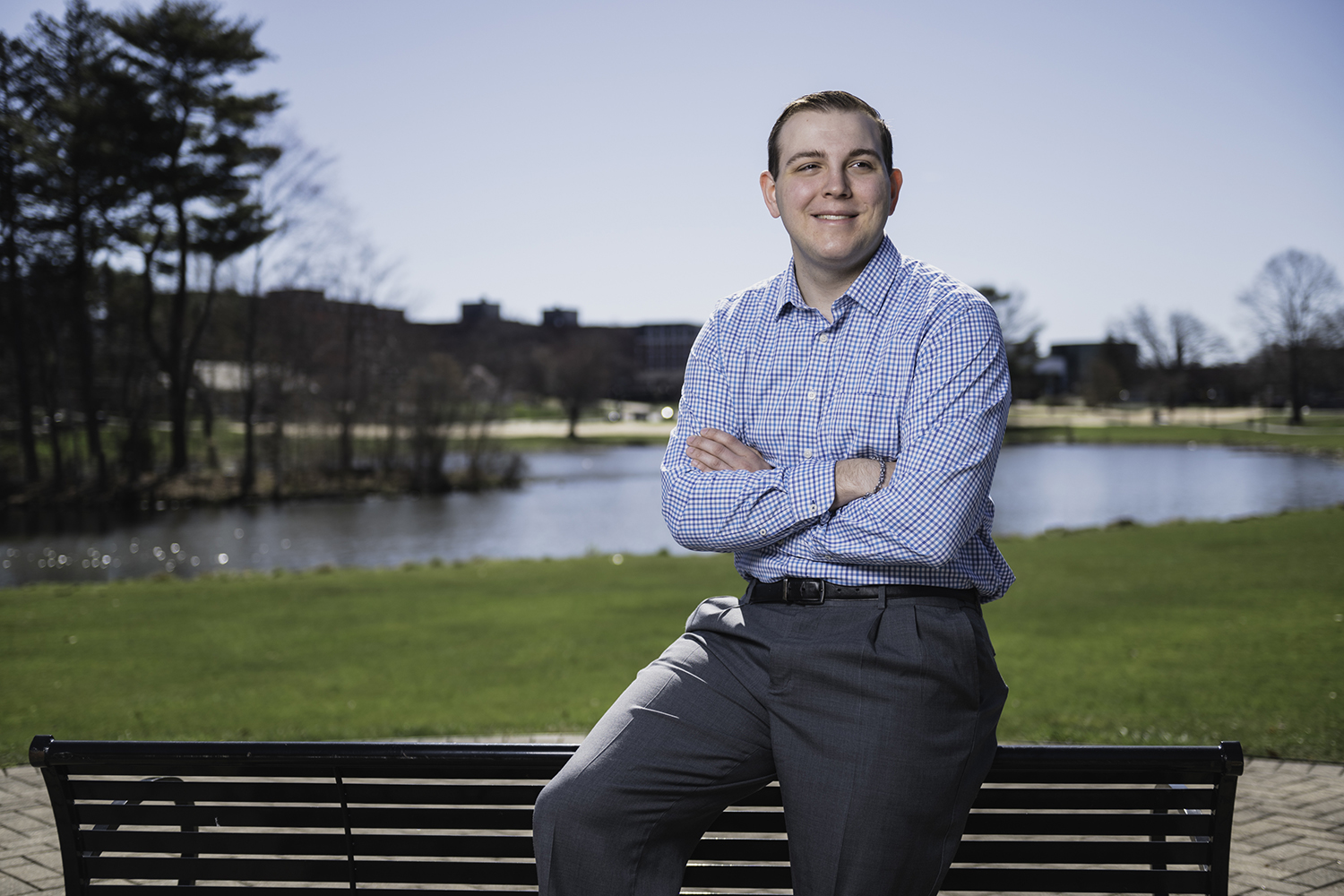Last fall, students from the University of Connecticut’s Masters of Business Administration (MBA) program had the opportunity to work with UConn-based startups gaining unique experiences while helping these companies tackle business challenges.
Startup environments are much more fluid than traditional corporations and students may find themselves tackling varied tasks. In larger, established companies, students tend to have well-defined roles with predictable challenges. A startup could not be more different.
“They’re thrown into the deep end of the pool, learning how to survive and be successful,” says Abhijit (Jit) Banerjee, UConn’s associate vice president of innovation and entrepreneurship. “Having this experience of working hands-on in a very dynamic environment is very different.”
Of the six students who participated in the program, only one had previous experience with a startup.
“They don’t get enough of a chance to see the full working group of a large company,” says Mostafa Analoui, executive director for venture development at UConn. “In a startup, students are part of a small team that includes everyone from bench scientists to the CEO.”
In a startup, students are part of a small team that includes everyone from bench scientists to the CEO. — Mostafa Analoui
The MBA Venture Fellow program pairs students’ interests and skills with companies’ needs. Students get valuable experience working with a startup, and the companies can solve real-world problems thanks to the talented students.
“Having mature students with business skills come on board in a very focused way to pay attention to the business side will help the company move forward,” Analoui says. “Every student, every company had a very unique profile for their expectation of the job. That was a critical element.”
The program was developed as a collaborative effort between the MBA program and Technology Commercialization Services.
“Becoming a Venture Fellow is a great opportunity for students to apply what they are learning in the classroom, in a meaningful, hands-on way,” says Michael Bozzi, director of executive & full-time MBA. “As they are involved in the entire value chain of a company, they build skills in all key areas of business, in real time.”
Jason Wiles, a student in the MBA program, worked with UConn startup Savkar.AI. Savkar.AI is developing a product called Stemify, which uses AI to target problem areas in math learning for college students and is located at UConn’s incubator, the Technology Incubation Program (TIP). The company was founded by UConn mathematics professor Amit Savkar to address problems he saw in his classroom.
Wiles’ primary role was in operations and data processing, but he had a hand in many other facets of the company.
“It definitely was a great lesson to come into a company and just start rolling up your sleeves, no matter what the job description was,” Wiles says. “And it was great to be thanked for that work.”
Wiles says one of the largest takeaways he had from working with Savkar.AI is the importance of being able to communicate with people from diverse backgrounds. Wiles regularly spoke with people on both the engineering and business side of the business team.
“It was a very valuable experience to talk to people on both sides,” Wiles says. “If you’re not doing your best to accommodate other people’s perspectives, you’re doing everyone a disservice because you’re not speaking their language.”
Alok Bhatt, a student in the MBA program pursuing specialization in business analytics, worked with 3D Array Technology (3 DAT). 3 DAT produces 3D nano-catalysts that do not rely on expensive precious metals like most industrial catalysts do. 3 DAT is another UConn startup, having been founded by UConn engineers, Yanbing Guo and Pu-Xian Gao. It is also located at TIP.
When Bhatt joined the team, 3 DAT was already working with NASA. Bhatt’s goal was to help the company expand to other customers and industries outside of aeronautics.
As a part of the team, Bhatt helped 3 DAT conduct interviews with 33 potential customers and compiled the qualitative and quantitative data. Bhatt used data analytics to parse this data and determine the best targets areas for expansion, which turned out to be the automotive and indoor air filtration industries.
“That parsing and analysis of data really helped us in taking a step back, looking at the whole picture, and realizing what we needed to do next,” Bhatt says.
Bhatt had worked with startups before as an intern with the Connecticut Center for Entrepreneurship and Innovation (CCEI) and knew he would like the fast-paced startup environment.
“What I really enjoy is working at the ground level with a company’s team,” Bhatt says. “I enjoy interacting with people and learning from them.”
The goal of programs like the MBA Venture Fellows is to provide students with experiences they cannot have in a classroom.
We believe that every student has the capacity to gain meaningful and transferable skills when they engage in entrepreneurship and innovation, even if they themselves aren’t the ones starting a company (or not ready to start a company yet),” says Jennifer Murphy, CCEI director. “It comes full circle for us because many of the startups these students are working with got their start at CCEI, likeSavkar.AI and 3 DAT. It is a great example of how elements within UConn’s entrepreneurial ecosystem continuously support each other.”
Banerjee says he hopes these kinds of internship programs help encourage UConn students to consider various career paths and possibly even inspire them to become entrepreneurs.
“We’re helping ignite the flame one might have in himself or herself to take on a challenge and create something new,” Banerjee says.
Based on the success of the program, Analoui says they plan to expand next fall to include more students and companies.
“It was mutually a very, very successful experience,” Analoui says. “And that’s why we decided to repeat it on a larger scale.”
“We were very proud of this inaugural group and thrilled to see so many important outcomes for students as well as the companies they worked with,” Bozzi says.
This experience also provides MBA students with valuable connections and experience for future jobs.
“Our students are our best advocates,” Banerjee says. “We’re grateful they have appreciated what this opportunity provides them, no matter which company they work with or which role they played.”



